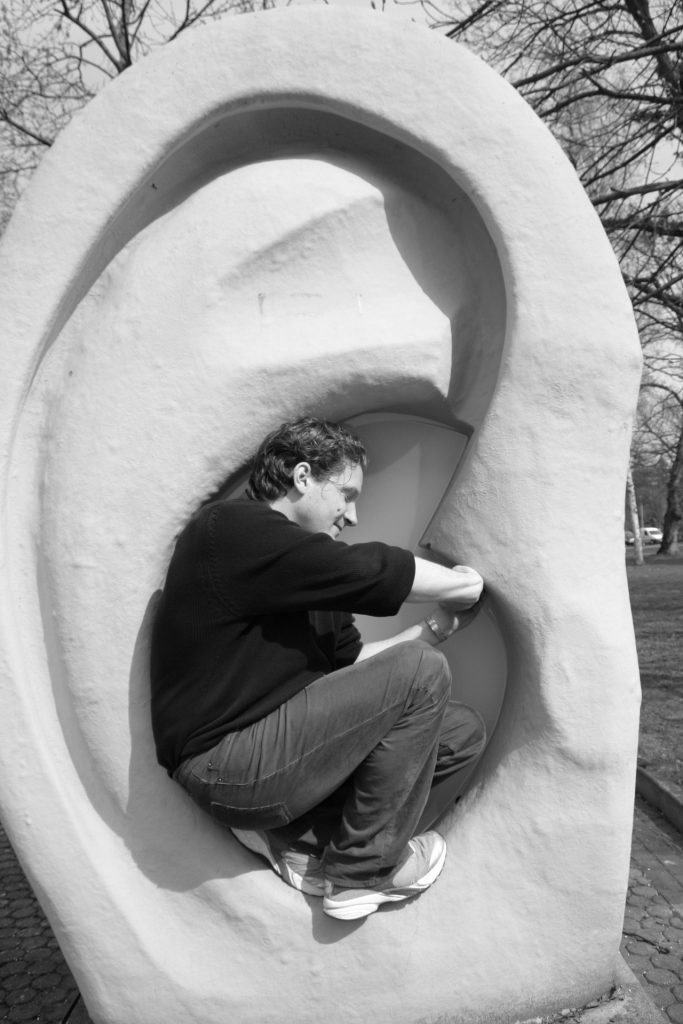Doctor Cautions That Hearing Your Heartbeat While Laying Down Could Signal A ‘Concerning’ Health Condition

Many people have experienced the unusual sensation of hearing their own heartbeat while resting in bed. For some, this rhythmic thumping is merely a curiosity, while for others, it raises concerns about possible health issues. Understanding why this happens, when it is normal, and when medical attention might be needed can help ease concerns.
Why Can Your Heartbeat Be Heard on Your Pillow?
Noticing your heartbeat while lying on your side is usually not a cause for alarm. Experts suggest that this sound is often the result of the carotid artery pressing against the pillow. The carotid artery is a significant blood vessel that supplies blood to the head and neck. When the head is positioned on a pillow, this artery comes into closer contact with the ear, amplifying the pulsations, much like a drum being struck.
The quiet of nighttime makes internal bodily sounds more prominent. External noises that typically mask these sounds are reduced, allowing awareness of the body’s natural rhythms to increase.

The Connection to Pulsatile Tinnitus
While occasionally hearing a heartbeat in the ear is normal, persistent or bothersome sounds could be attributed to a condition called pulsatile tinnitus. This differs from traditional tinnitus, which is characterized by a steady ringing or buzzing. Pulsatile tinnitus follows the rhythm of the heartbeat and is often linked to changes in blood flow near the ear or heightened awareness of blood circulation.
Research from the American Tinnitus Association suggests that pulsatile tinnitus is relatively uncommon compared to regular tinnitus. However, it can sometimes indicate underlying conditions related to cardiovascular health. If symptoms persist or worsen, a medical evaluation is highly recommended.

Common Causes of Pulsatile Tinnitus
Several factors contribute to pulsatile tinnitus, including:
- High Blood Pressure: Increased blood pressure can intensify the force of blood flow, making it more turbulent and audible. Hypertension is a known risk factor for pulsatile tinnitus, as it affects vascular health.
- Atherosclerosis: The hardening of arteries near the ear can lead to turbulent blood flow, causing internal noises to become more noticeable. This is more common in older individuals or those with high cholesterol levels.
- Anemia or Hyperthyroidism: These conditions accelerate blood circulation, which can resul in pulsatile tinnitus. Anemia reduces the oxygen-carrying capacity of the blood, leading to increased cardiac output, while hyperthyroidism can overstimulate circulation
- Ear Abnormalities: Issues such as a perforated eardrum, abnormal bone growths, or thinning structures within the ear can make blood flow noises more prominent.
- Tumors in the Head or Neck: In rare cases, tumors pressing on blood vessels may contribute to pulsatile tinnitus. These tumors, often benign, can alter blood flow dynamics near the auditory system.
- Venous Hum: A benign condition where blood flow in the jugular vein creates an audible humming sound that can be mistaken for pulsatile tinnitus.

When to Seek Medical Advice
For most people, hearing their heartbeat while lying down is not a sign of a serious issue. However, there are certain circumstances where a medical consultation is advisable:
- The sound persists and interferes with sleep.
- The noise is present even when in an upright position.
- Other symptoms accompany the sound, such as headaches, dizziness, or vision disturbances.
- The pulsation is only heard in one ear, which could indicate a localized vascular issue.
In some cases, pulsatile tinnitus may indicate more serious conditions such as carotid artery disease, aneurysms, or arteriovenous malformations. A healthcare provider can perform tests to rule out these possibilities and provide reassurance or necessary treatment.
Diagnosis and Testing
If pulsatile tinnitus is a concern, a doctor may begin by taking a detailed medical history and conducting a physical examination. Listening to the neck with a stethoscope can help detect abnormal blood flow patterns. Additional tests such as CT or MRI scans may be recommended to identify any underlying causes.
- Doppler Ultrasound: Can assess blood flow in the neck arteries and detect abnormalities.
- Magnetic Resonance Angiography (MRA): Provides a detailed image of blood vessels to detect narrowing or aneurysms.
- Blood Tests: Used to check for conditions like anemia, thyroid dysfunction, or high cholesterol that may contribute to pulsatile tinnitus.
